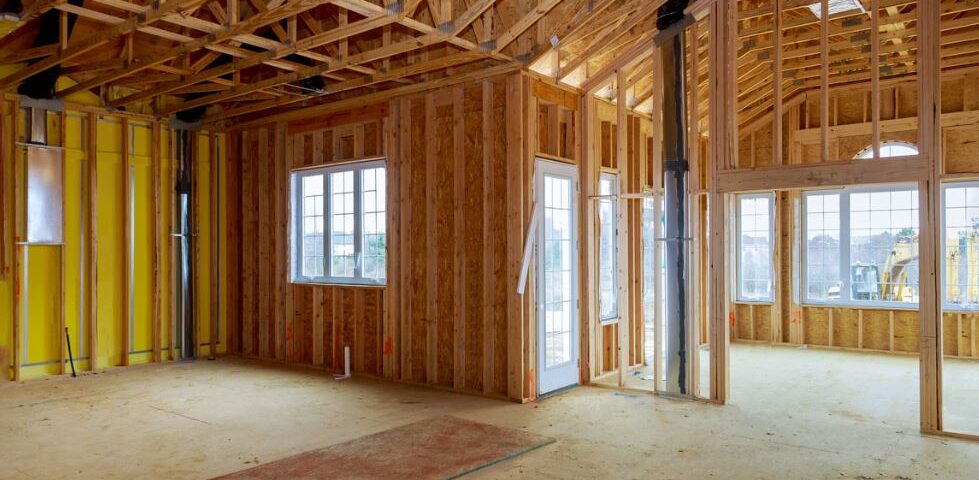
What Are The Newest Developments In Materials And Design For Home Remodeling?
July 24, 2023
Budget-Friendly Strategies To Reduce Costs For Kitchen Renovation Projects
July 24, 2023Embarking on a home remodeling project can be likened to setting sail on an uncharted sea. The initial excitement and anticipation of creating something new and personalized is quickly tempered by the realization of navigating through a labyrinth of building regulations, codes, and necessary authorizations. Knowing what permissions are required for every facet of the project becomes as essential as having a compass in hand while exploring unknown waters.
This journey, however complex it may seem, is made more manageable with knowledge and understanding.
Delving into the world of building permits and licensed contractors provides a roadmap to ensure that your construction voyage stays on course. These key elements not only provide legal protection but also safeguard the integrity and value of your investment by ensuring all work complies with local building codes and standards.
From hiring legitimate professionals to obtaining necessary permissions, this article serves as a comprehensive guide on how to navigate these often overlooked but crucial aspects of your home remodeling project.
Understanding Building Permits
For a comprehensive understanding of building permits, one must consider their fundamental role in ensuring that home remodeling projects adhere to local construction codes and regulations. Building permits are essentially authorizations issued by local government agencies permitting the initiation of construction or renovation work within their jurisdiction.
These permits serve as legal documentation that the proposed project is compliant with local zoning laws, safety standards, environmental conservation norms, and other pertinent ordinances. Hence, they represent an essential element in maintaining public health and safety by ensuring all renovations align with established guidelines.
The process of obtaining a building permit varies from one jurisdiction to another but generally involves several stages. Initial steps include drafting detailed architectural plans for the proposed remodeling project and submitting these along with any required documentation to the local building department. Following this submission, there typically ensues an evaluation period during which officials review the plans for compliance with existing codes and regulations. Some jurisdictions may require additional inspections during this phase or upon completion of the work to ensure ongoing adherence to approved plans and stipulated standards.
Despite seeming like a bureaucratic inconvenience at times, securing proper authorization through building permits proves integral not only to homeowner safety but also community cohesion. It underscores partaking in shared civic responsibility while contributing towards neighborhood integrity through adherence to quality standards.
Moreover, properly permitted properties often enjoy higher resale values due to increased buyer confidence in their structural soundness and code compliance – further emphasizing the importance of such authorizations for successful home remodeling endeavors.
Hiring Licensed Contractors
Ensuring the engagement of contractors, who hold appropriate licensure and certifications, is imperative to guaranteeing the successful completion of construction endeavors. Licensed contractors are not only knowledgeable about building codes and regulations but also possess a proven track record in their field. Their licensing indicates they have undergone rigorous training and testing, showcasing their ability to perform work safely and effectively. Furthermore, it’s important to note that most locales require home remodeling projects to be conducted by licensed professionals – failure to do so can result in fines or legal repercussions.
The process of hiring a licensed contractor begins with thorough research. Potential homeowners should verify the contractor’s license status through their local government agency responsible for professional regulation. It is also advised to request proof of insurance coverage for potential liabilities related to the project including workers’ compensation and general liability insurance.
In addition, obtaining references from previous clients can provide valuable insight into the contractor’s reliability and quality of workmanship.
A crucial factor when engaging a licensed contractor is establishing clear communication regarding project expectations, timeline, budget constraints and any potential modifications necessary due to unforeseen circumstances during construction. Homeowners may find comfort knowing they have hired professionals for your home remodeling who adhere strictly to industry standards while navigating these complexities within the regulatory framework. This sense of security stems from belonging within an established system designed with homeowner protection as its primary objective – instilling confidence in every step towards achieving one’s renovation goals without compromising safety or legality.
What Are The Newest Developments In Materials And Design For Home Remodeling?




